| << Chapter < Page | Chapter >> Page > |
Discuss any difficult vocabulary.
2. Look at Susan’s last sentence. Discuss what would happen when they take Lisa home.
Then ask the children to consider: Do they think Lisa will find her parents? What could have happened to them? Remind them that they would naturally want to find her.
Stress that their suggestions must be reasonable and realistic.
Their answers could be evaluated for LO 5, as well as LO 2.
If the answer is completely unrealistic, and doesn’t take any known factors into account, it would be rated 1.
If they take into account that Lisa has only been missing for two days and that her parents could have landed elsewhere and are now looking for her - that would be rated 3.
To be rated 5, they would have to have thought of radio contact and that a generalised search would already be in progress.
The children must listen to each other’s answers and comment on the likelihood of any of the solutions.
Depending on your time, the stories may be read out aloud to the class or allow learners to swap stories and read each other’s silently.
Encourage the children to find out about early writing in different civilisations. Let them tell the class what they have found out or make a small poster about their findings. Some children could also copy out examples of hieroglyphics or cuneiform for display purposes.
The children went to the beach. They took a picnic lunch. There were cheese sandwiches, chocolate cake, cherries and cool drink. First they chased each other, and then they went to swim. The water was deep – right up to their chests.
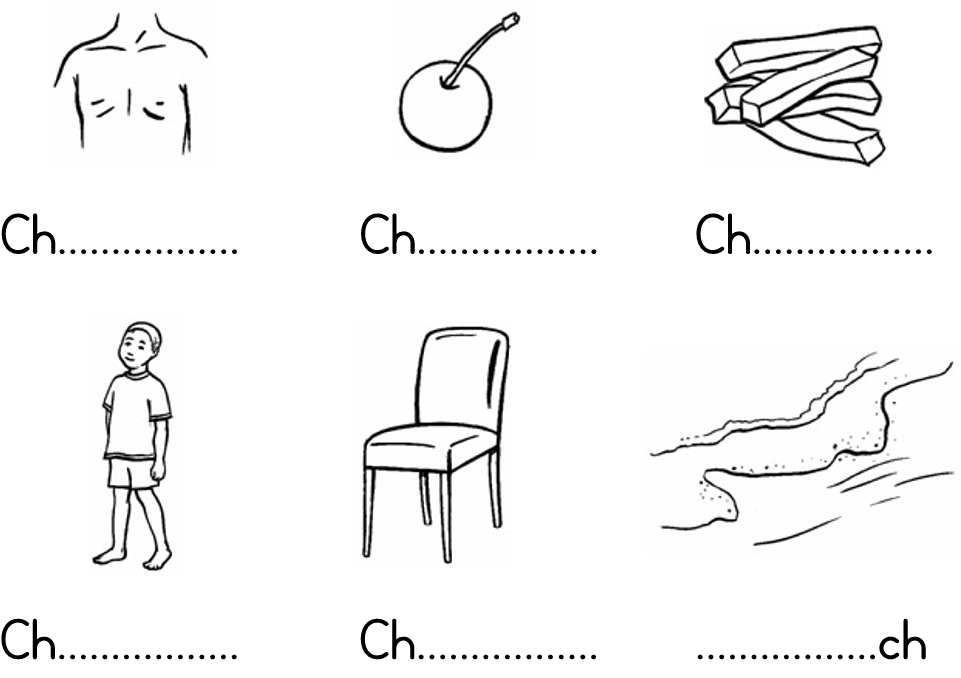
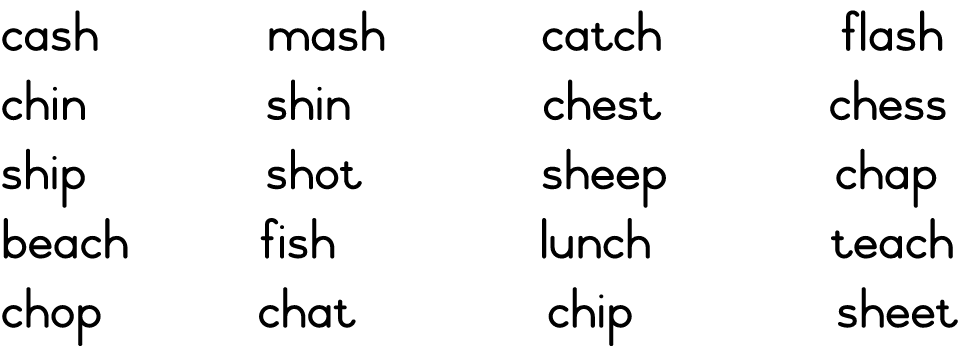
| LO 3.3.3 | LO 3.4.2 |
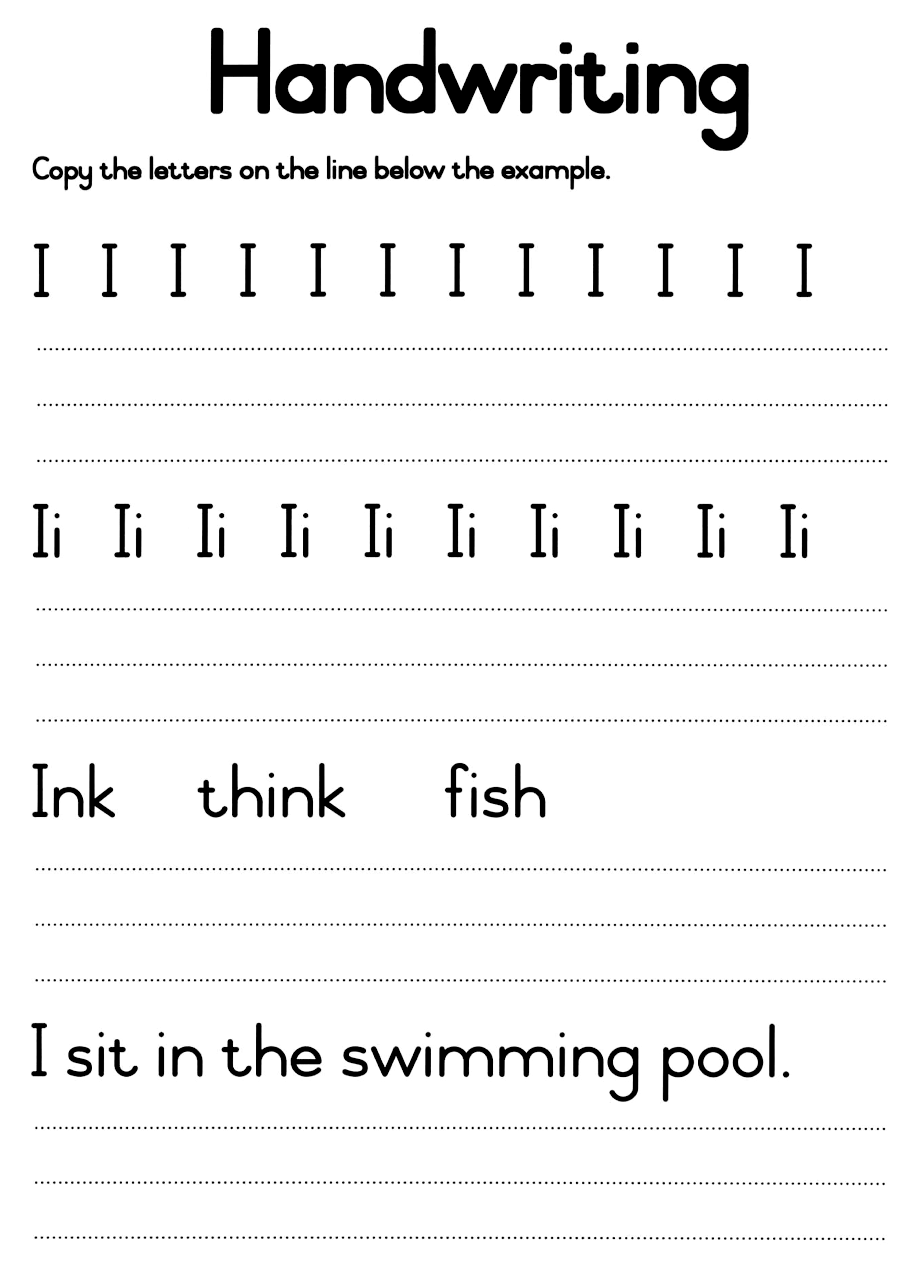
| LO 4.7.2 |
When Susan and Paul looked at the map, they decided to go and help Lisa.
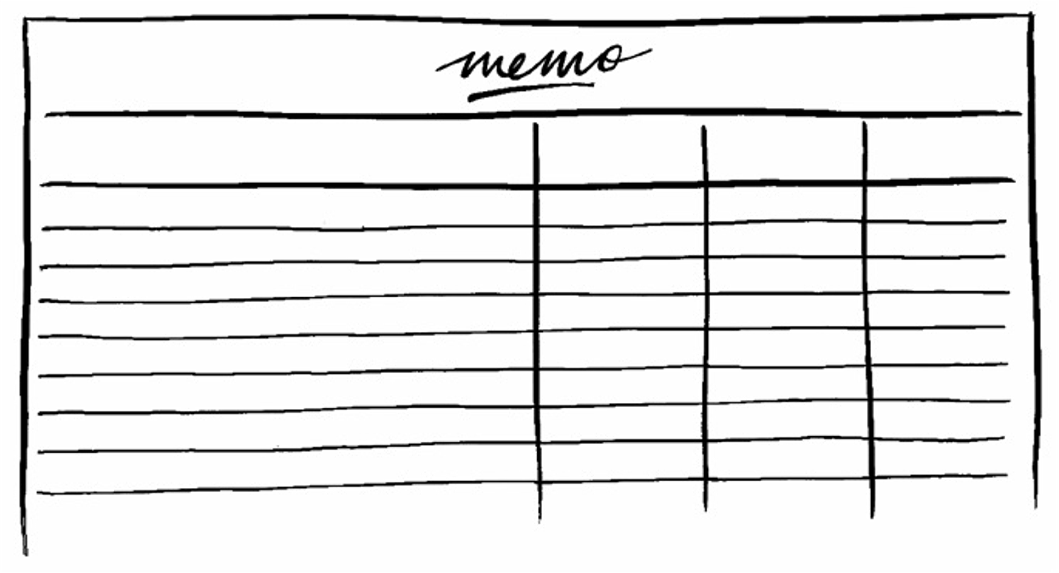
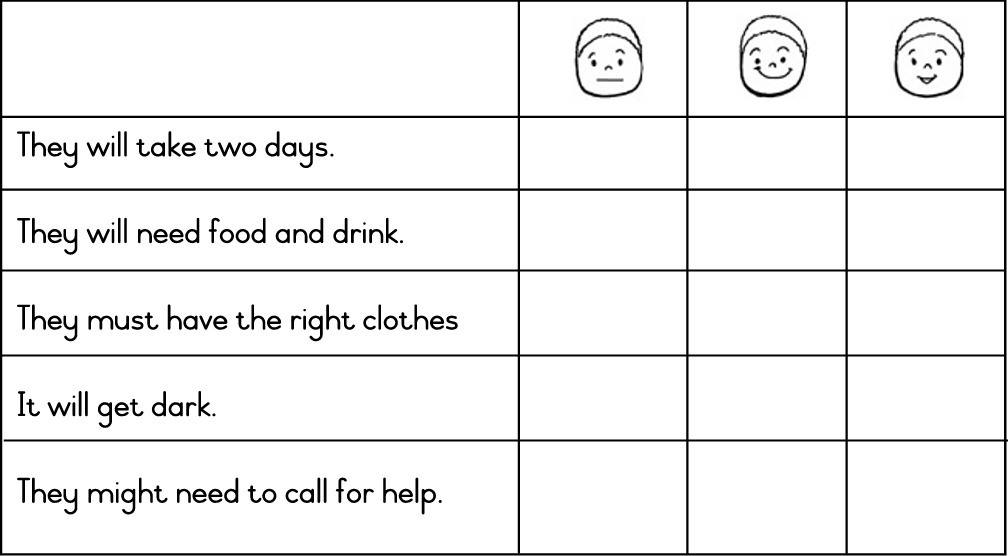
| LO 4.2.1 |
| LO 2.4 | LO 4.3.1 |
Paul and Susan could not wait to ask their parents if they could go and help Lisa. They decided to leave a note telling them where they had gone so that they would not be worried.
What should they say? Pretend that you are Paul or Susan. Write a note to your Mom telling her where you are going.
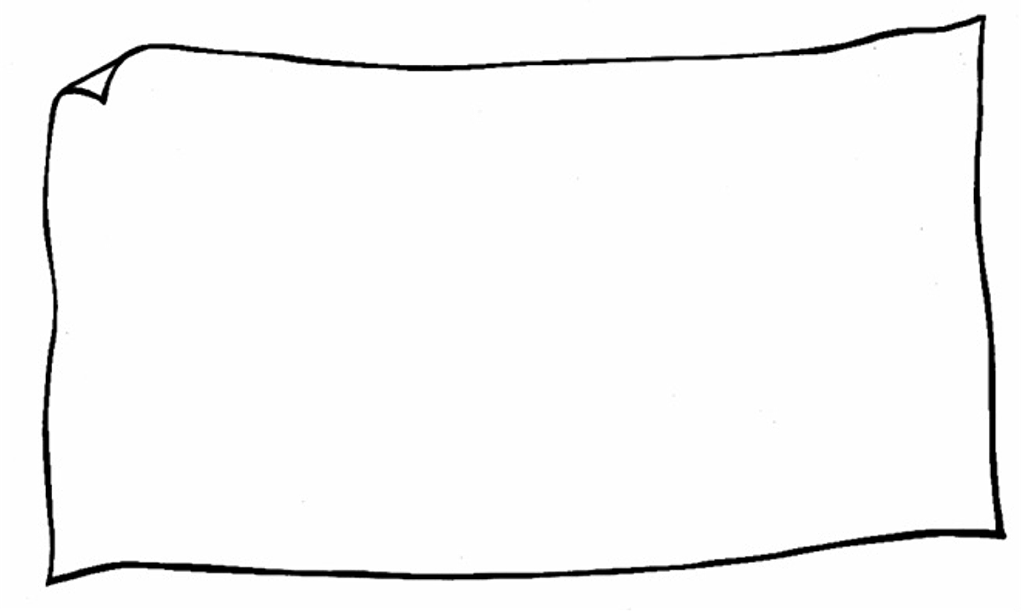
| LO 4.2.1 | LO 4.3.1 | LO 4.6.2 | LO 6.1.1 |
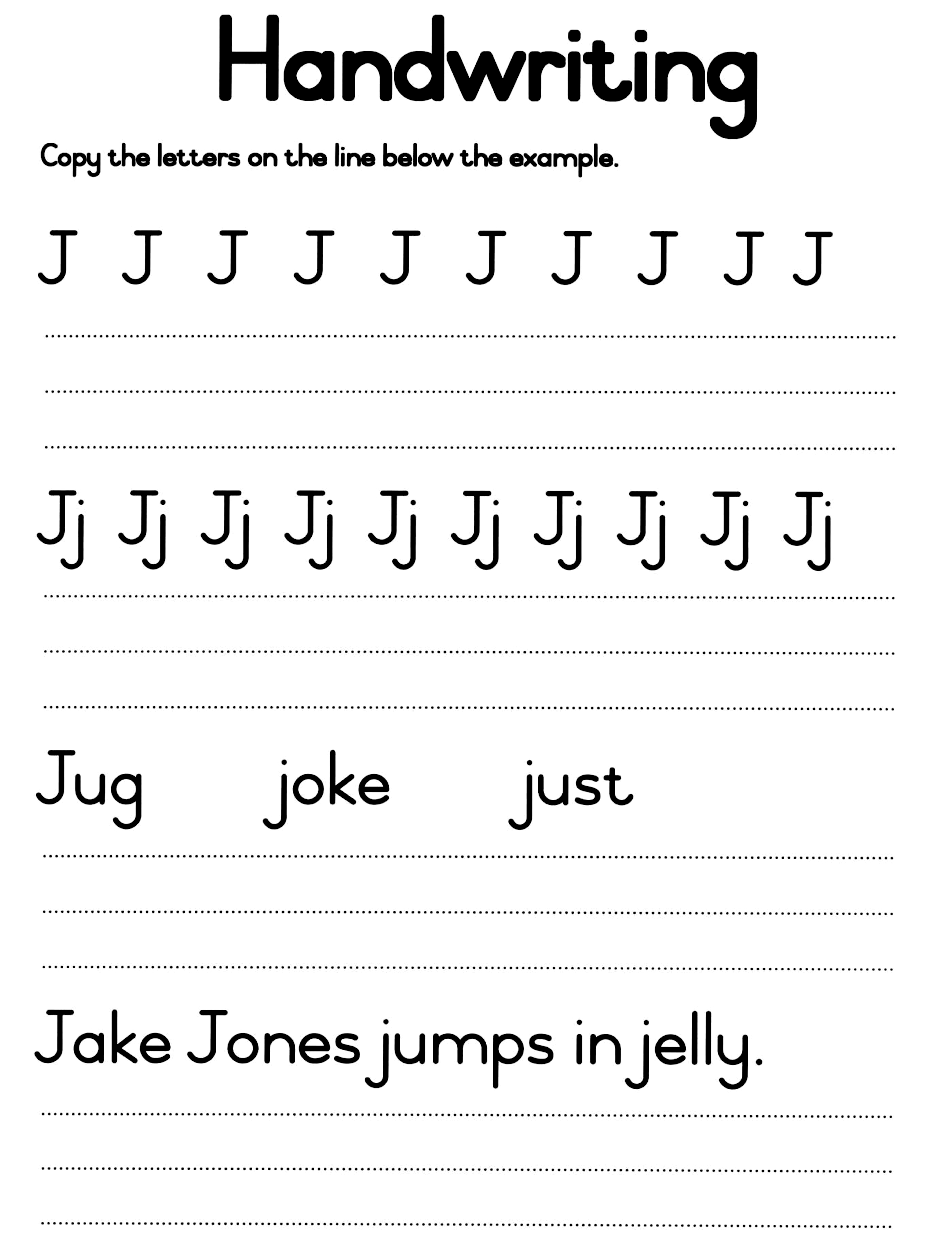
| LO 4.7.2 |
Learning Outcome 2: SPEAKING : The learner is able to communicate confidently and effectively in spoken language in a wide range of situations.
Assessment Standard 2.4: We know this when the learner contributes to class and group discussions;
Assessment Standard 3.3: We know this when the learner recognises and makes meaning of letters and words in longer texts:
3.3.3 uses phonic and other word recognition and comprehension skills such as phonics, context clues, and making predictions in order to make sense of text;
Assessment Standard 3.4: We know this when the learner develops phonic awareness:
3.4.2 recognises single consonants spelled with two letters (consonant diagraphs);
Assessment Standard 3.5: We know this when the learner reads for information and enjoyment:
Learning Outcome 4: WRITING : The learner is able to write different kinds of factual and imaginative texts for a wide range of purposes.
Assessment Standard 4.2: We know this when the learner writes for different purposes:
4.2.1 writes drafts and short texts for various purposes
Assessment Standard 4.3: We know this when the learner revises writing:
4.3.1 discusses own and others’ writing to get or give feedback;
Assessment Standard 4.6: We know this when the learner writes so that others can understand, using appropriate grammatical structures and writing conventions:
4.6.2 uses basic punctuation (capital letters and full stops);
Learning Outcome 6: LANGUAGE STRUCTURE AND USE : The learner will know and be able to use the sounds, words and grammar of the language to create and interpret texts.
Assessment Standard 6.1: We know this when the learner relates sounds to letters and words:
6.1.1 uses phonics to spell unfamiliar words.

Notification Switch
Would you like to follow the 'English home language grade 2' conversation and receive update notifications?